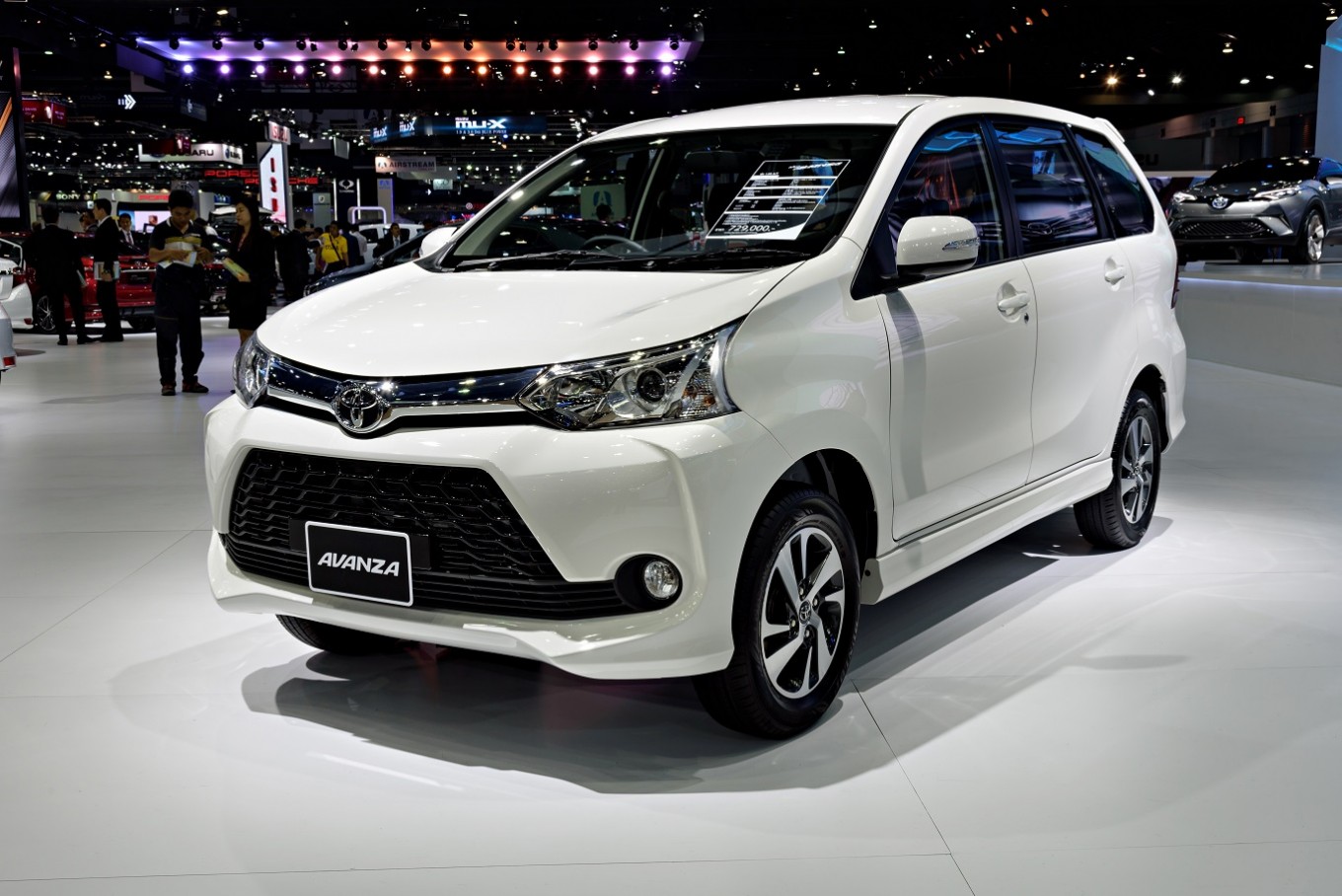Popular Reads
Top Results
Can't find what you're looking for?
View all search resultsPopular Reads
Top Results
Can't find what you're looking for?
View all search resultsAstra braces for tough times with no end in sight to COVID-19
Astra International booked an 8 percent year-on-year (yoy) decline in profit in the first quarter and is bracing for more trouble ahead.
Change text size
Gift Premium Articles
to Anyone
D
iversified conglomerate PT Astra International expects the COVID-19 pandemic to further affect its already declining financial performance as the outbreak limits social and economic activities.
In the first quarter of this year, the publicly listed company booked an 8 percent year-on-year (yoy) decline in profit to Rp 4.8 trillion (US$311.84 million) as its revenue dropped by 9 percent to Rp 54 trillion.
President director Prijono Sugiarto attributed the fall in revenue to plummeting sales in the heavy equipment, mining, construction and energy business segment, the third-biggest contributor to the company’s profit.
“Our slowing overall performance in the first quarter of this year was caused by the drop in coal prices,” he said in a statement on Monday.
The benchmark ICE Newcastle coal price this year averaged around $65 to $75 per metric ton, lower than the average of $78 per metric ton in 2019, as reported by Kontan on March 27. The lower prices discouraged coal mining activities and hit the company’s business.
Although Astra’s subsidiary and publicly listed heavy equipment distributor and mining service provider PT United Tractor (UT) recorded a 25 percent increase in coal sales, that failed to offset a 48 percent contraction in heavy equipment sales and a 9 percent decline in mining service activities.
Meanwhile, Astra’s other business segments increased profits during the January to March period.
The highest increase was recorded by its agribusiness segment, where profit skyrocketed 887 percent yoy to Rp 296 billion as of March 31, which Prijono attributed to the rise of crude palm oil (CPO) prices.
“Although the crude palm oil and palm oil derivative sales volume was down 19 percent, the segment still recorded a jump in profit thanks to the rising CPO price, which was up by 45 percent on average compared to last year,” he said.
The profit of the company’s infrastructure and logistics business soared by 356 percent yoy to Rp 73 billion, while that of its property business rose 167 percent yoy to Rp 40 trillion.
However, Astra’s biggest profit contributors, the automotive and financial services segments, recorded only slight improvements in performance during this year’s first three months.
The automotive segment booked a 1-percent increase in profit to Rp 1.9 trillion despite the 3-percent decline in car sales and 5-percent decline in motorcycle sales during the period.
“The increase in profit for this segment was caused by an increase in operating margin and profit from foreign exchange transactions,” said Prijono.
The company’s financial services segment also recorded a 1-percent increase in profit to Rp 1.4 trillion during the period, thanks to rising financing for motorcycles.
Going forward, the company expected to face more challenges due to social restrictions implemented to curb the spread of the COVID-19, Prijono said.
The disease has infected at least 9,500 people in the country with more than 770 deaths as of Tuesday afternoon, official data show, disrupting business activity and hitting demand as customers stay at home following the government's call to practice social distancing to contain the virus.
“This has disrupted Astra Group’s performance in April and is expected to continue until some time in the future,” he said.
However, he assured shareholders that the conglomerate remained in a strong financial position that allowed it to mitigate the risks it would face during such a challenging time.
Pilarmas Sekuritas equity analyst Maximilianus Nico Demus expected that the company would face bigger pressure as the pandemic’s impacts would rise in the second quarter of this year.
“The pandemic will hamper the public’s purchasing power and [eventually Astra’s] sales, particularly in its property and automotive segments,” he told The Jakarta Post on Tuesday, adding that additional pressure would also come from plunging commodity prices following crushing oil prices.
Despite the challenges, Maximilianus expressed optimism that Astra would survive the COVID-19 crisis due to its business diversification.
“If one segment’s performance drops, other business segments could still cushion the impact so the company can maintain its performance amid the pandemic’s effects,” he said.
Astra’s stock traded at Rp 3,740 per share at Tuesday’s close, 0.81 percent higher than the preceding day, while the main gauge of the market, the Jakarta Composite Index (JCI), rose 0.36 percent. Astra’s shares have lost 45.99 percent since the beginning of the year.










